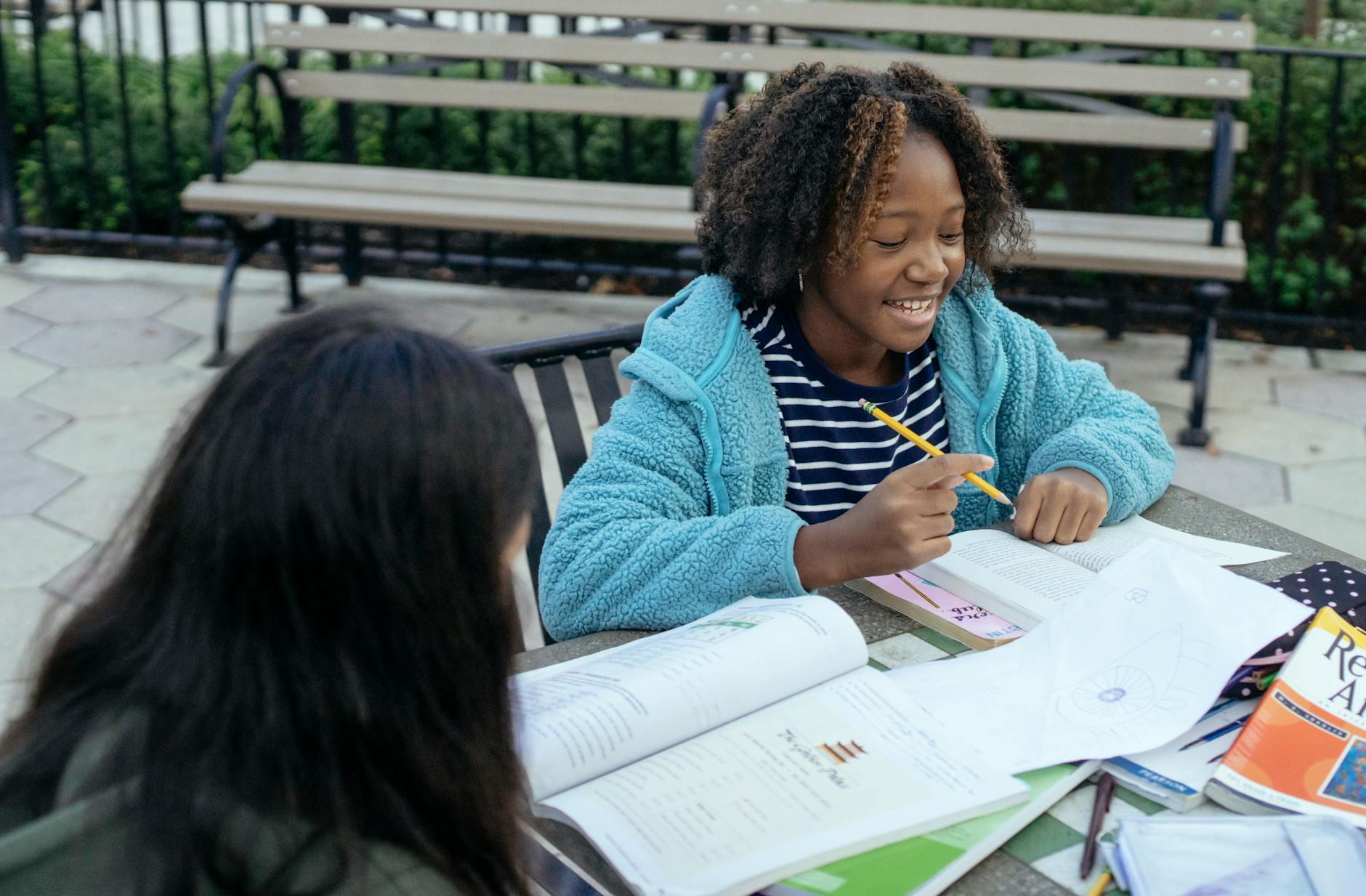Why Melbourne's Education Institutions are Key for Disability Care Training in Australia

Melbourne’s Unique Educational Landscape
Integration of Theory and Practice
Understanding what is an early childhood teacher is essential in grasping the synergy between theory and practice in Melbourne's educational scene. The city offers a rich blend of academic rigor and practical application, a feature prominently evident at the Melbourne Disability Institute at the University of Melbourne. The focus here is on real-world applications of theoretical concepts, aiming to prepare educators who can thrive in dynamic environments. This integration ensures that teachers are well-versed in both the foundational theories and the hands-on skills necessary for effective teaching.
Leading Disability Care Programs
Melbourne stands out with its pioneering programs in disability care, designed to foster inclusive learning environments. Institutions offer comprehensive curricula, blending traditional pedagogies with innovative care strategies. These programs are geared towards professionals like community support workers who are keen to build impactful careers. Answering "what is a community support worker," these courses provide essential skills to support individuals in disability care, ensuring participants are equipped to make a meaningful difference.
Emphasis on Hands-On Learning
For those interested in courses counselling Sydney, Melbourne presents a unique opportunity to transition theoretical knowledge into tangible skills. The city's educational institutions champion hands-on learning, which resonates with those who prefer experiential education. Vocational training sessions at RMIT University exemplify this approach, offering workshops that closely simulate real-world scenarios. This methodology is particularly beneficial for learners hesitant about digital education, as it leverages practical classroom experiences to bridge any gaps between online and traditional learning methods.
Modern Approaches to Disability Care
Person-Centered Techniques
In disability care, person-centered techniques are essential for tailoring support to each individual's unique needs and preferences. This approach prioritises respect and listens to the perspectives of those being served, placing their needs at the forefront. It involves active collaboration between caregivers and individuals to develop support plans that enhance personal autonomy and decision-making online community services.
Innovative Education Methods
Embracing innovative education methods, particularly in Melbourne, involves integrating new theories with practical applications. For instance, the early childhood teacher course Melbourne hones innovative teaching strategies that are invaluable for disability care professionals. Such methods often involve experiential learning, enabling practitioners to gain insights through real-life scenarios. This hands-on experience is not only enriching but deeply impacts how services are delivered.
Adapting to Digital Tools
Adapting to digital tools is another modern approach reshaping disability care, especially given the increasing need for flexibility and accessibility. This might include using tailored online platforms to develop care plans or engaging with interactive training modules. While some may be concerned about the fees for early childhood education, the investment in digital skillsets offers long-term benefits by broadening one's ability to provide effective, personalised care. Institutions like RMIT University are leading advancements in digital skill adaptation, offering vocational training sessions that ensure caregivers remain at the forefront of digital trends.
By integrating person-centered techniques and innovative education, and confidently embracing digital advancements, caregivers are better equipped to provide exceptional care tailored to the diverse needs of individuals.
Enhancing Professional Skills
Applying Learning to Community Service
Applying the knowledge gained from courses like cert 3 individual support melbourne directly enriches community service organisations. By integrating learned strategies into real-life situations, healthcare professionals can make a tangible difference in the lives of individuals requiring assistance. Through a hands-on approach, combined with relevant training that institutions such as RMIT University provide, professionals can enhance their practical skills while meeting community needs.
Expanding Communication Strategies
Developing effective communication strategies is crucial in disability care, where understanding nuanced client needs is essential. Embracing techniques learned from cert disability support courses allows for improved interaction and engagement with clients. This fosters a supportive environment where individuals feel valued and heard. Practising these strategies during vocational training sessions at RMIT University can heighten one's ability to communicate effectively and empathetically.
Training for Real-World Scenarios
Training in realistic environments is highly beneficial for those pursuing a career in disability support. By engaging in simulations and role-play scenarios, professionals can prepare for the complexities of real-world situations. Facilities like the Melbourne Disability Institute at the University of Melbourne provide invaluable opportunities for medical trainees to refine their approaches and interventions, ensuring they are well-prepared to meet the challenges of the field. Through these enriching experiences, healthcare professionals can hone their skills and make a meaningful impact.
Challenges in Disability Care Training
Bridging Practical and Remote Learning
As someone who thrives on direct engagement, transitioning to a counselor course online can feel daunting. Striking a balance between hands-on experiences and digital learning is essential for effective disability care training. Emphasising interactive online platforms can replicate the tactile elements of in-person workshops. By integrating virtual reality simulations and live coaching sessions, participants can gain valuable practical skills without leaving their homes. This approach can significantly enhance understanding and allow learners to apply theoretical knowledge in dynamic, real-world contexts.
Overcoming Accessibility Barriers
Accessibility is a key factor when considering an online counseling certificate. Ensuring that all materials and platforms are inclusive is essential for fair and effective learning. This means providing text-to-speech options, subtitles, and user-friendly interfaces designed with diverse needs in mind. It’s equally important to liaise with technology providers to ensure all learners have equal access to digital tools. Collaborating with experts in adaptive technologies can further facilitate a seamless educational experience for everyone involved.
Ensuring Continuous Professional Development
Incorporating ongoing professional development into disability care training is crucial. A culture of continuous improvement keeps skills relevant and fresh. Online forums, discussion groups, and webinars offer a wealth of up-to-date knowledge and insights. Embracing these resources promotes lifelong learning and professional growth in the field. Engaging with a network of peers and experts ensures that training remains informative and reflective of industry advancements, helping to maintain high standards of care and support.
Effective Learning Approaches in Disability Care
Blending Learning Resources
Adopting a hybrid approach that combines both online and in-person resources is integral to effective learning in disability care. At the Royal Melbourne Hospital, we've seen a blend of digital tools complement face-to-face interactions, especially in comprehensive programs developed by the Melbourne Disability Institute. For instance, innovative platforms provide interactive modules allowing learners to assimilate knowledge at their own pace, while in-person practical sessions enrich this learning by connecting theory to real-world applications.
Leveraging Case Studies and Workshops
Case studies and workshops act as pivotal learning aids by simulating real-life challenges faced in disability care. Collaboration with bodies like RMIT University can enhance these sessions, offering students unique insights into real-world scenarios. By dissecting case studies and participating in workshops, learners not only grasp nuanced issues but also develop solutions tailored to individual needs, honing their abilities to make informed, person-centered decisions.
Cultivating Self-Directed Learning
Promoting self-directed learning equips individuals with the skills to continuously evolve in their roles. Access to resources like journals and research papers from the University of Melbourne can inspire proactive learning habits. Encouraging the exploration of diverse topics enables caregivers to fine-tune their expertise in areas like vehicle insurance policy cost and mental health. These habits foster an adaptable mindset, ensuring care professionals are always prepared to address emerging trends and challenges in the disability care sector.


